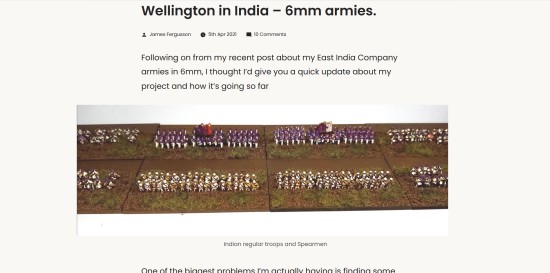
The Württemberg Army in the Campaign of 1809
David Wright
ISBN: 978-1-85818-665-8
208 pages
248mm x 166mm
Hardback
£35.00 GBP
The Württemberg army is little known in English literature, never having come up against British troops, but is one of the most fascinating Napoleonic military organizations for its size.
The brainchild of the autocratic, benevolent despot Friedrich I, it increased from four battalions of infantry and two regiments of cavalry when Friedrich succeeded in 1797, to 21 battalions of infantry and six regiments of cavalry in 1809. From a tiny Duchy within the Holy Roman Empire, Württemberg increased in size and power to become a significant realm within Europe, while Friedrich was promoted from Duke to Elector to King, as his army became a more and more important part of Napoleon's Grande Armée.
The army was at the peak of its powers in 1809, having been honed in the Silesian campaign of 1806-7. In the Danube campaign of 1809, it played an important part in the battles of Abensberg and Eggmühl, and, without the aid of French troops, defeated an Austrian Corps at Linz-Urfahr. Württemberg officers at all levels showed brilliance and initiative, while the Jäger, light infantry, cavalry and horse artillery in particular operated at the highest standards, receiving the admiration of French commanders such as Bernadotte, Bessières, Masséna, Lassalle and their own (begrudged) commander, Vandamme. After Linz-Urfahr, Bernadotte described its actions as only bearing comparison with the performance accustomed to be expected of the finest French troops – a fitting tribute.








